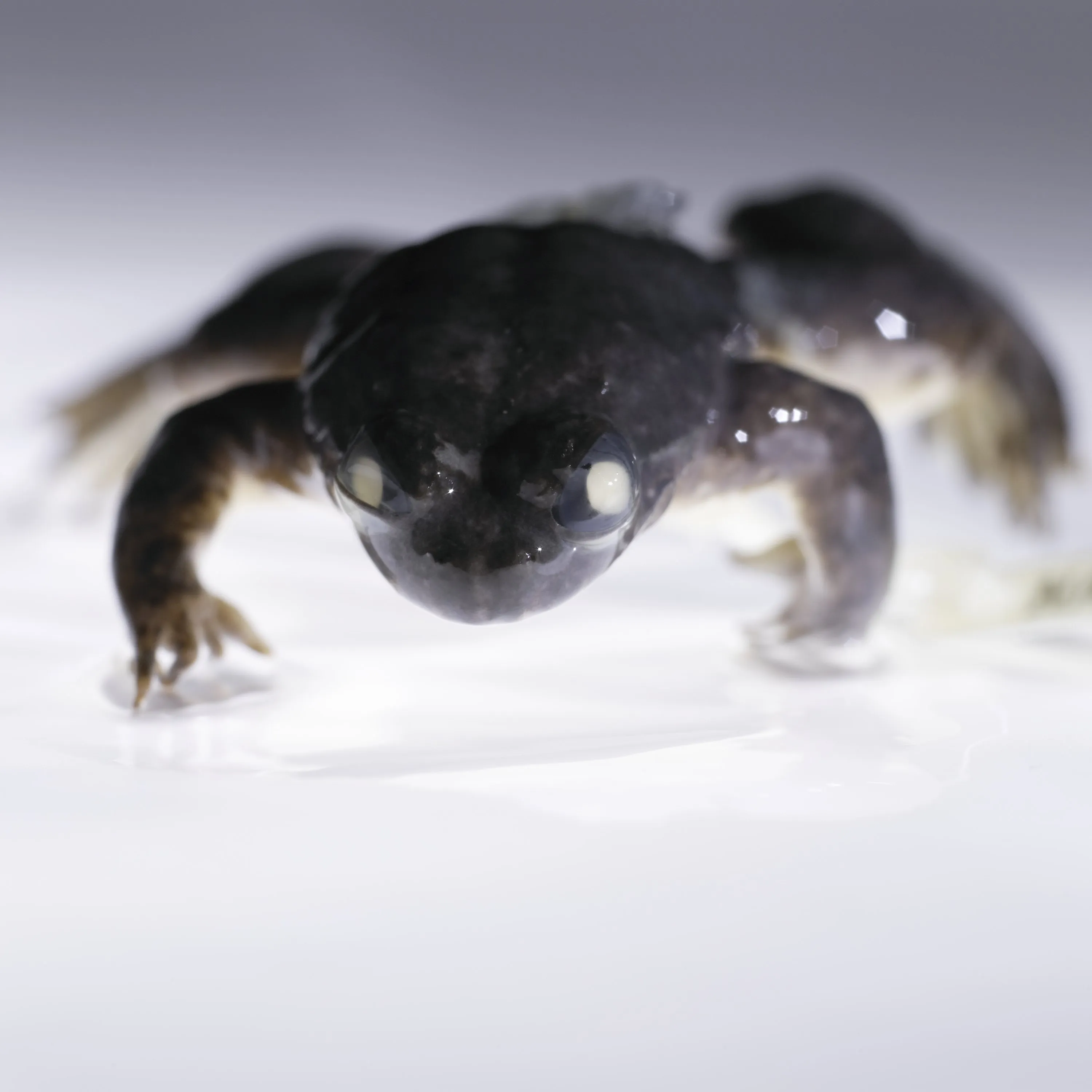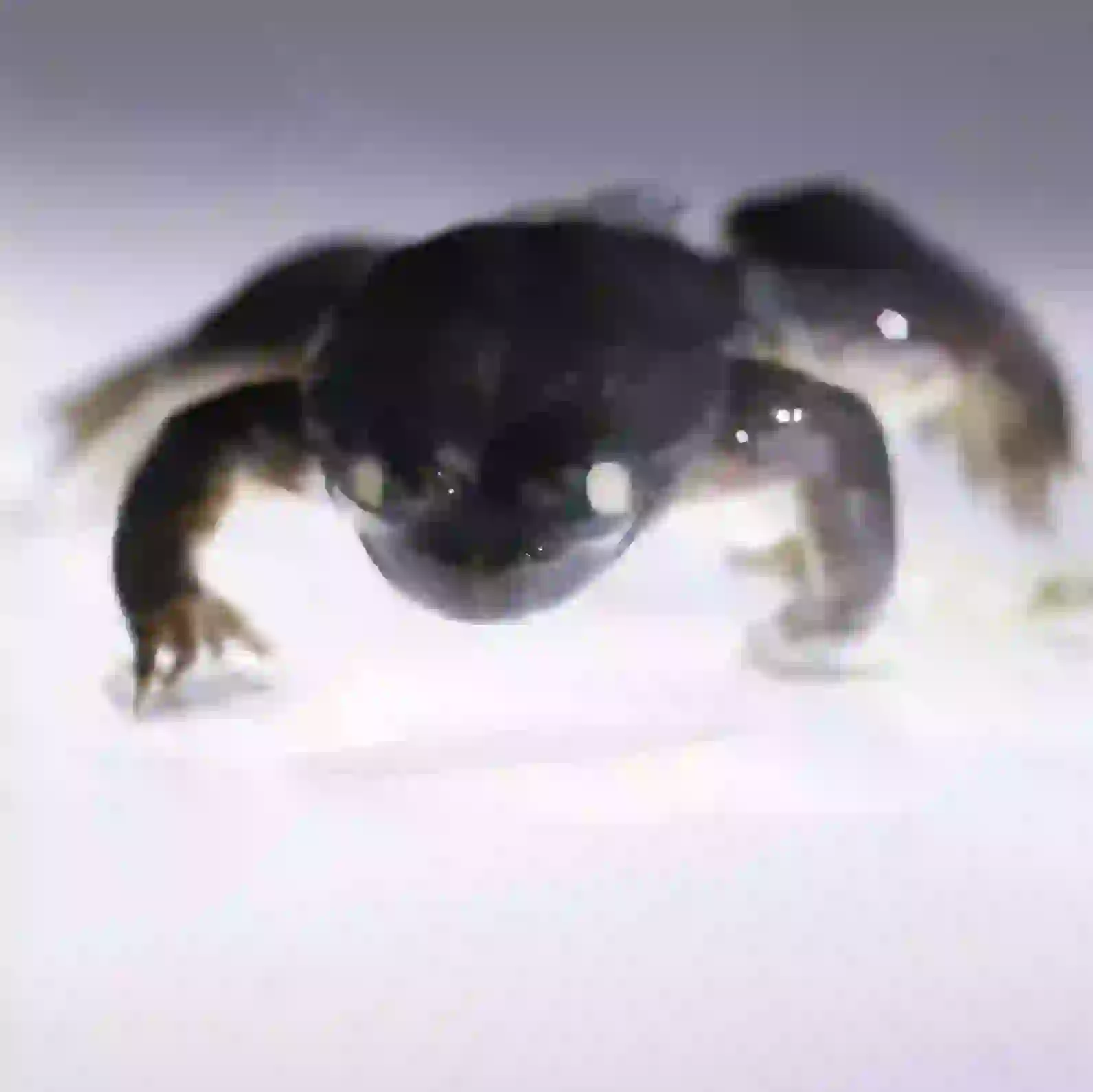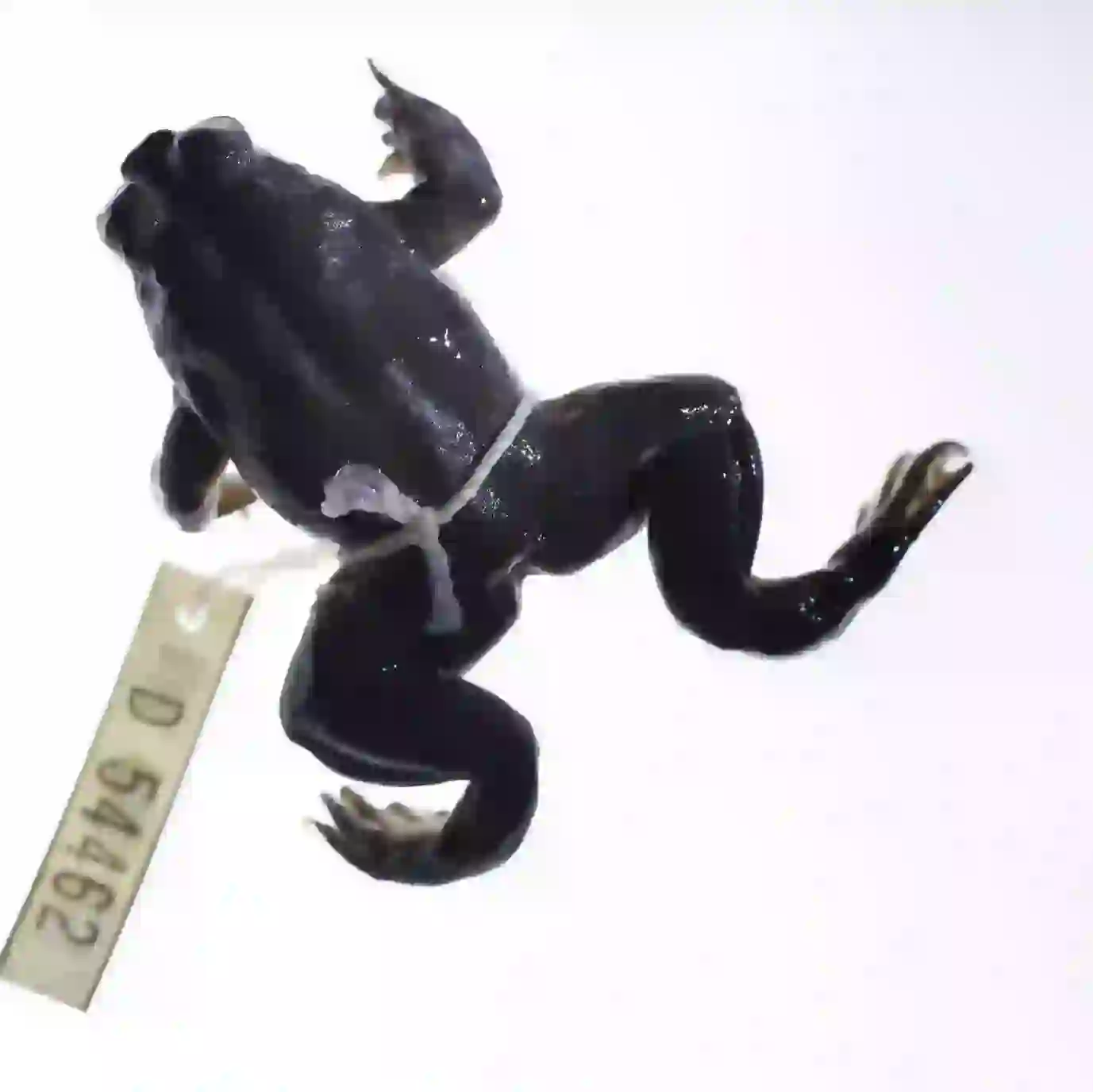
Gastric-brooding Frogs
Gastric-brooding Frogs
Gastric-brooding Frogs
Once upon a time, in the rainforests of Australia, lived an extraordinary frog known as the gastric-brooding frog. They were renowned for their unique reproductive strategy: brooding their young within the mother's stomach. Tragically, these remarkable creatures vanished in the 1980s and are now considered extinct. Let's delve into the enigmatic world of the gastric-brooding frog, exploring its fascinating life history and the mystery surrounding its disappearance.
Gastric-brooding Frogs Basic Infomation

| Property | Value |
|---|---|
| Scientific Name | Rheobatrachus |
| Taxonomic Status | GENUS |
| Rank | Genus |
| Vernacular Names | gastric-brooding frogs |
| Kingdom | Animalia |
| Phylum | Chordata |
| Class | Amphibia |
| Order | Anura |
| Family | Myobatrachidae |
| Genus | Rheobatrachus |

*Rheobatrachus*, commonly known as gastric-brooding frogs or platypus frogs, was a genus of frogs that once inhabited eastern Australia.
They were renowned for their unique reproductive strategy of brooding their young within the mother's stomach.
Sadly, both species of the genus Rheobatrachus are presumed extinct, having last been seen in the wild during the 1980s.
Gastric-brooding Frogs Q&A

What kind of frogs were Gastric-brooding Frogs?
Gastric-brooding frogs, also known as platypus frogs, lived in the rainforest streams of eastern Australia.
They were relatively small frogs, measuring about 5 cm in length, and were aquatic, with well-developed webbed hind feet and a flattened body.
Their coloration was gray or brown, with mottled patterns that helped them blend in with their surroundings.

Why did Gastric-brooding Frogs raise their young in their stomachs?
Female gastric-brooding frogs, after laying their eggs, would swallow them!
The eggs would hatch inside the mother's stomach, and the tadpoles would develop within this unusual nursery.
During this time, the mother's stomach would cease its digestive activity, and the tadpoles would receive nourishment from a special fluid secreted within the stomach.
After about 6 weeks, when the tadpoles had metamorphosed into small frogs, the mother would regurgitate them, releasing them into the outside world.
This remarkable breeding method is thought to have evolved as a strategy to protect the eggs from predators.

What did Gastric-brooding Frogs eat?
Gastric-brooding frogs were carnivorous, feeding on aquatic insects, crustaceans, and small fish.
They were ambush predators, waiting patiently on the streambed for prey to approach before quickly darting out to capture them.

Why did Gastric-brooding Frogs become extinct?
Gastric-brooding frogs experienced a rapid decline in population beginning in the late 1970s and disappeared from the wild by the mid-1980s.
The exact cause of their extinction remains unclear, but it is believed to be a combination of factors, including habitat loss, pollution, and the spread of chytridiomycosis, a fungal disease that has devastated amphibian populations worldwide.
The extinction of the gastric-brooding frog serves as a stark reminder of the importance of biodiversity and the need for conservation efforts to protect vulnerable species.

Would you like to become a part of the 'Animalbook.jp'?
Turn your knowledge into Q&A and share it with the world. ※Publication will be activated after purchase. Let's share information together!
Gastric-brooding Frogs Type of List

・Northern Gastric-brooding Frog ( *Rheobatrachus vitellinus* )
・Southern Gastric-brooding Frog ( *Rheobatrachus silus* )
Information
Congratulations! You are the first commenter!

Create Your Favorite List!
Gastric-brooding Frogs
Save the animals you love! Build your own list to quickly revisit your favorites later.

Would you like to leave a comment?
※Please note: This is for the purchase of rights to post comments within the article.
Find Your Favorites!
Our shop offers a unique and attractive selection of goods themed around various animals.
Gastric-brooding Frogs References
Gastric-brooding Frogs Introduction of media used

Benjamin Healley, CC BY 4.0, via Wikimedia Commons

Benjamin Healley, CC BY 4.0, via Wikimedia Commons

Help Enrich Our Animalbook.jp with Your Media!
We are constantly looking to expand and enrich our Animalbook.jp with amazing photos and videos of animals. If you have any media that you'd like to share, please contribute and help us showcase the beauty and diversity of the animal kingdom. Your submissions will be credited and featured in our encyclopedia, reaching a wide audience of animal lovers.


















